Hey,
I had a plan in my head to finally write about my conversation with Sam Harris. But writing about God and religion on the cusp of Rosh Hashanah just seems fraught. It also seems a bit weird in the wake of last night’s debate. And since God is what we in the biz call an evergreen topic, I think I’ll put that off for another day.
Debate punditry is the opposite of evergreen. Writing about presidential debates is like being a restaurant owner who got a deal on turkey right after Thanksgiving. No matter the quality, there’s limited demand, a lot of supply and, let’s face it, there are only so many things you can do with turkey. For vice-presidential debates, it’s more like getting a deal on Turkey in July, or maybe a crate of oysters just past their sell-by date.
Regardless, I’m not going to do point-by-point punditry, because I very much doubt anyone will care by the time this “news”letter goes out, and because as most of us around here expected, this debate probably won’t end up mattering very much for the presidential election.
But I will offer my verdict and a gripe or two.
As they say in Putin’s ministry of justice, first, the verdict. Scored just as a debate, not a political pseudo-event, Vance obviously won. He was confident and in control. Both he and Tim Walz had their share of dissembling and dodging, but Vance was better at it.
Vance’s most interesting strategy—and he’s all strategy—was to be much less of a jerk than people had every reason to expect him to be. This clearly took Walz by surprise. He clearly prepared for a different Vance.
Vance’s likability gambit surely helped him as a public figure. I’m not sure it helped the ticket all that much. How many voters are there whose negative opinion of Vance is holding them back from voting for Trump? Some, sure. It’s a big country. And it never hurts to have some evidence that the media was unfair to Trump’s VP pick. I’m not buying the idea that Vance didn’t earn most of his own problems, but if you’d been told Vance was a demonic figure, seeing him with your own eyes as an affable and civil guy is a good narrative for the ticket.
Still, I wonder whether being Mr. Nice Guy is actually a net benefit for the ticket. The Trump campaign has clearly decided—or Trump’s personality made the decision for them—to put their chips on a strategy of turning out a lot of low-propensity voters.
I got into this in more detail in the column I wrote before the debate, but the theory seems to be that these low-propensity or irregular voters can only be motivated by hysterical nonsense about the very survival of the country being on the ballot. These aren’t “persuadable” or “undecided” voters of the sort we spend so much time talking about. Those voters—and there aren’t many left—are people who’ve decided to vote, they just haven’t made up their minds about who to vote for.
The low propensity, or “irregular” voters the Trump team is looking at are what you might call the Caddy Day at the Bushwood Country Club crowd. They like Trump and don’t like Harris, but they also just don’t care about voting at all. How do you get them to put down the Xbox controller, bong, or barbells and cast a ballot? For some of them it’s just straight pandering with giveaways—“no tax on tips!” or “no taxes on overtime!” But for a lot of them the way to do it is through what Julien Benda called “the organization of political hatreds.” Fearmongering about “vile animals” (Trump’s term for illegal immigrants) slitting your throats and Democrats forcing sex changes on your kids will motivate some of them. Some of it also just entertainment, turning the election into a kind of
Pokémon GO but for elections. That’s part of the appeal of this “voter integrity” crap: Getting people to vote is boring, but getting people to show up to yell at, or brawl with, election officials is exciting.
Anyway, the point is Vance was picked as the intellectual and youthful face of that crowd. And I’m just not sure watching him respectfully and cordially disagree with—and even find bipartisan common ground with—Tim Walz is the kind of thing those voters wanted.
But again, I don’t think debate mattered very much either way.
Oh, by the way, if you take great offense at the above characterization, you should keep in mind that the mere fact you’re reading this is strong evidence that you’re not one of the voters I’m describing. If you’re even remotely up on the news, never mind a paid subscriber to The Dispatch, odds are good you’re not a low-propensity voter.
Now, if you are a committed Trump voter—either out of fondness for him or out of loyalty to the GOP—you might be feeling the sting of embarrassment or shame at the fact that Trump wants such people in his coalition and is relentlessly pandering to them. I can’t help you there because, well, you should feel some of that shame and embarrassment. And if Trump wins, you should marshal some of that guilty conscience toward the productive goal of limiting the influence of such people wherever and whenever possible.
In other words: If you’ve made the realpolitik calculation that it’s necessary for Trump to court gross, crazy, and bigoted people to get elected (or to defeat Harris), that doesn’t mean you shouldn’t throw a fit if, once elected, Trump appointed, say, Candace Owens as his press secretary. It’s sort of like the preposterous arguments made during his second impeachment that holding Trump accountable for January 6 would be “disrespectful” to the 74 million people who voted for him. The only way it would be disrespectful is if you in fact voted for such behavior. I’m just tired of hearing normie Republicans and principled conservatives lament Trump’s behavior while simultaneously taking offense when people point it out.
Anyway, back to the debate stuff. As obvious as it is that I think Vance won, it wasn’t obvious to a lot of people. The snap polls and focus groups had it basically a tie. I think most of the people who are confident that Walz beat Vance or debated him to a draw are suffering from the same sort of partisan brain that we saw from people who insisted Trump beat Harris.
Which gets me to my gripe. After the Harris-Trump debate, I said it was pretty obvious Harris won. The deluge of hate mail I got in response was really remarkable, and I say that as someone with over a quarter century of deep experience with hate mail. My gripe is simply that if I were a fraction of the partisan a lot of these jabronis claim I am, I would have said Walz won. But he didn’t. It was like someone told him that if he said the wrong thing a trap door would open underneath him.
This is a nonpartisan point. I am always shocked, perhaps naively so, by politicians who don’t do their homework. I’m not entirely like the overweight middle-aged guy screaming at the TV that he could do a better job as quarterback; I’m just a middle-aged overweight pundit yelling at the TV. What I mean is that I do a lot of public speaking and have done my share of debates, and I just don’t understand how politicians with all of the time and resources in the world to prepare—people who live and breath politics far more than I do—still manage to seem so unprepared for these kinds of things.
I get it—it’s a high-pressure, high-stakes event. But I could come up with an answer to his Tiananmen Square falsehood that would have been 100 times better and wouldn’t involve calling myself a knucklehead. It’d go something like this: “I’ve gone to China a lot over my career as a teacher. I love the Chinese people and I’ve been a leader in their fight for democracy and dignity. I was in Hong Kong during the summer of the Tiananmen protests and I was deeply hopeful for their success. I shouldn’t have suggested I was in Hong Kong when the tanks rolled in and those heroic freedom fighters were slaughtered. But I’ll tell you what, it felt like I was still there, and even a quarter century later, it feels like I was. But given the daily tidal waves of lies and false claims from Donald Trump, all in service to his own ego and self-interest, I find it difficult to be lectured to by them about my honesty or integrity.” I’m not saying it would have been as honest as “I lied.” But it would have been better than his word salad in a salad spinner with the lid off.
He also lied about the abortion bill he signed—a fact the nonpartisan Dispatch fact-checking department has documented.
Anyway, it’s over now. And absent a change of heart from Trump, there will be no more events like this between now and the end of election season. (I don’t like using the term “Election Day” because we no longer have Election Days in this country, we have Voting Deadline Day. But that’s a gripe for another time.)
One last point: I don’t think the moderators did a very good job. CBS News’ Norah O’Donnell and Margaret Brennan were better than the ABC moderators, but worse than CNN in the Trump-Biden debate. As we discussed on Dispatch Live, the fact-checking was cringe-inducing. And so was the lengthy discussion of climate change as a topic and the exclusion of Ukraine. Vance’s correct position on the “Israel question”—“We should support our allies wherever they are when they’re fighting the bad guys”—applies to the Ukraine situation in my book. Ukraine might not be an established ally like Israel, but it wants to be. And Putin is indisputably a bad guy. I would have very much liked the moderators or Walz to have made that point.
I could go on, but I think the vice presidential punditry is already starting to turn like oysters left in passenger seat of a hit car.
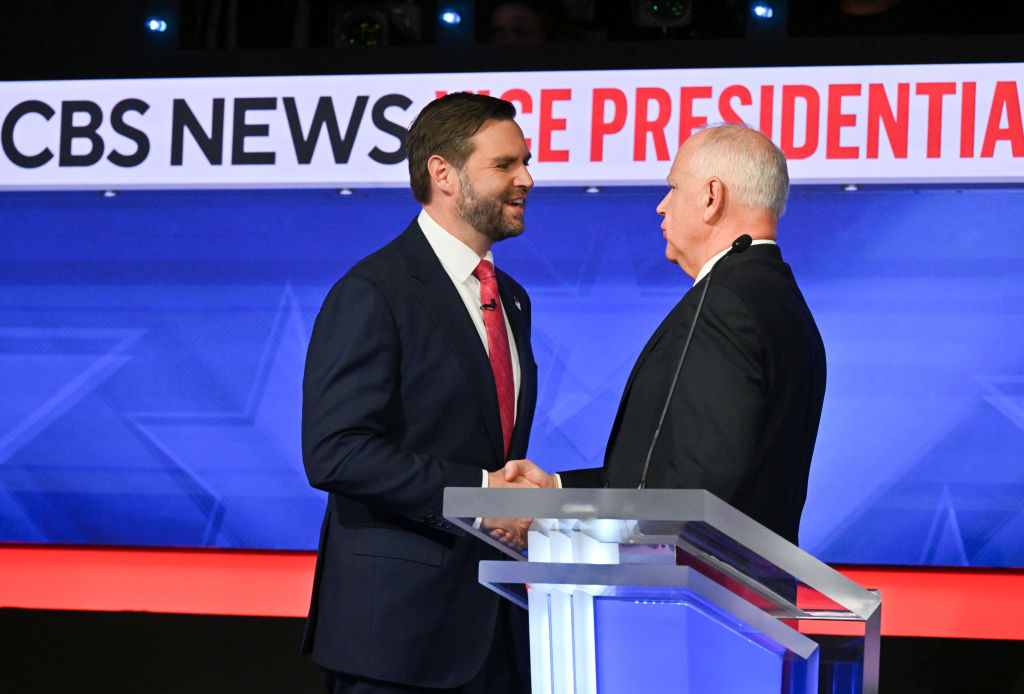

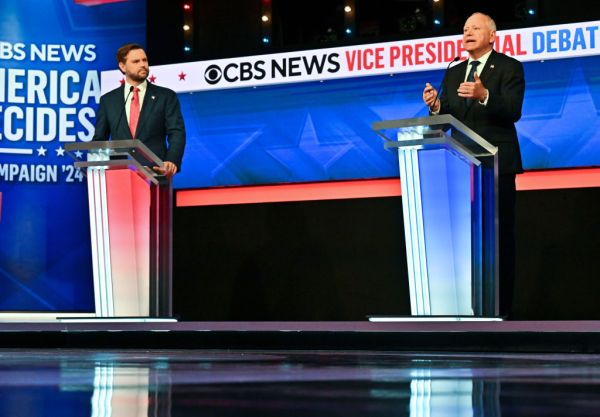
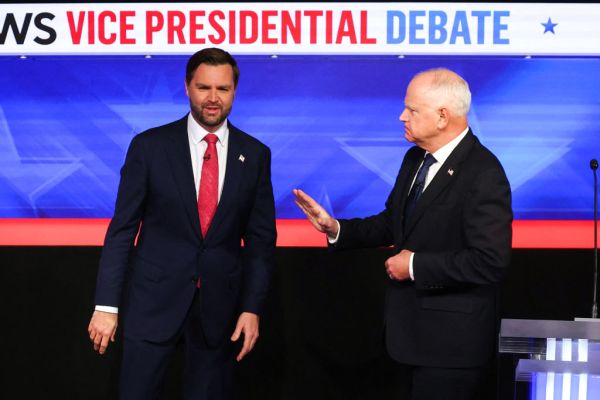
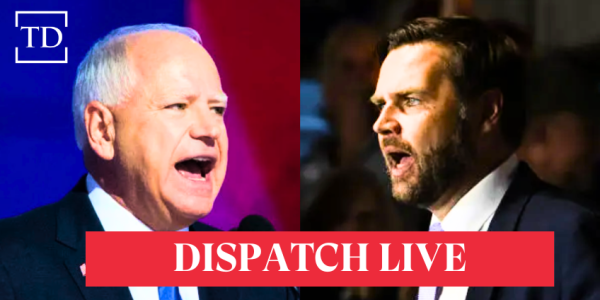


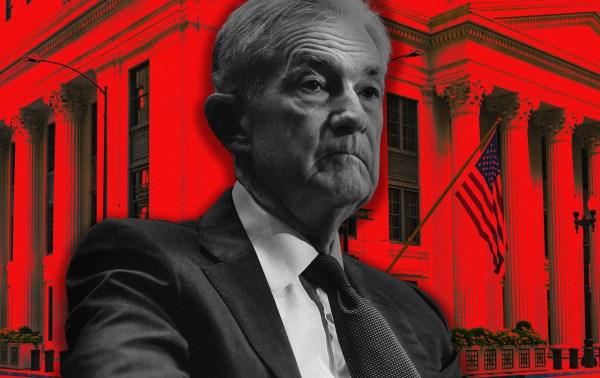
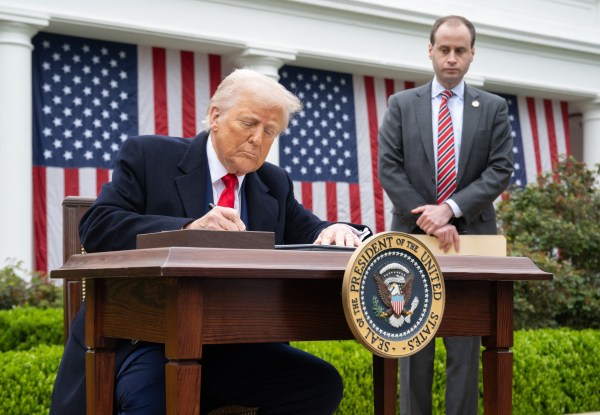

Please note that we at The Dispatch hold ourselves, our work, and our commenters to a higher standard than other places on the internet. We welcome comments that foster genuine debate or discussion—including comments critical of us or our work—but responses that include ad hominem attacks on fellow Dispatch members or are intended to stoke fear and anger may be moderated.
With your membership, you only have the ability to comment on The Morning Dispatch articles. Consider upgrading to join the conversation everywhere.